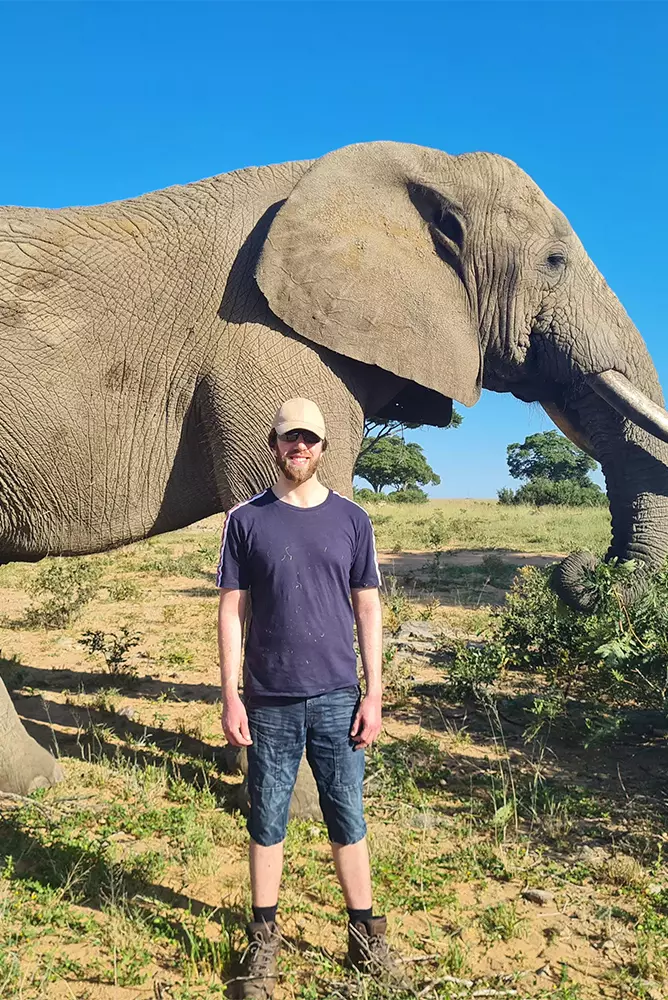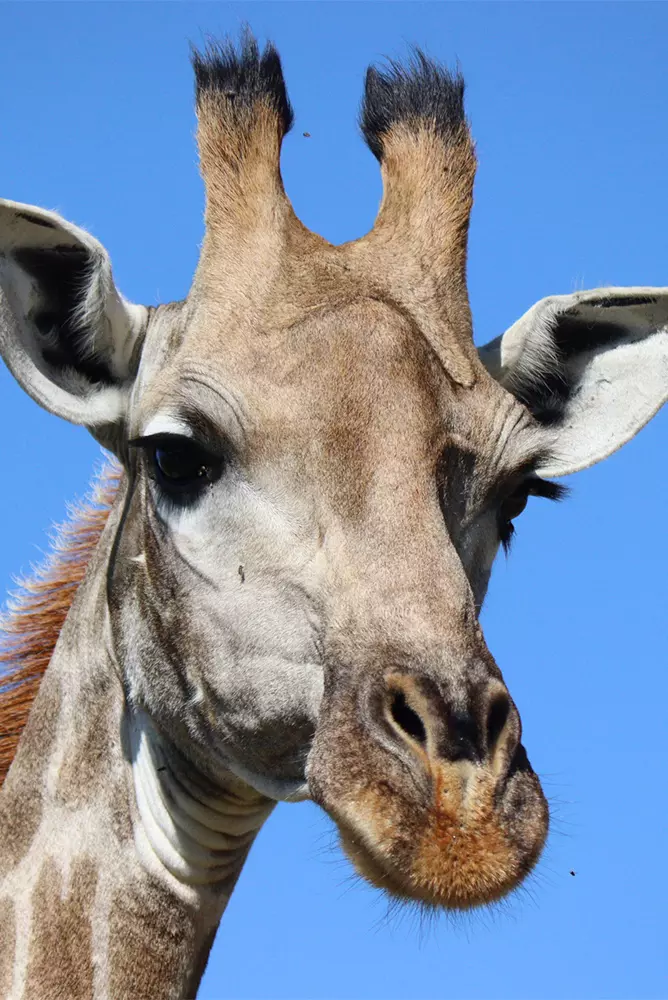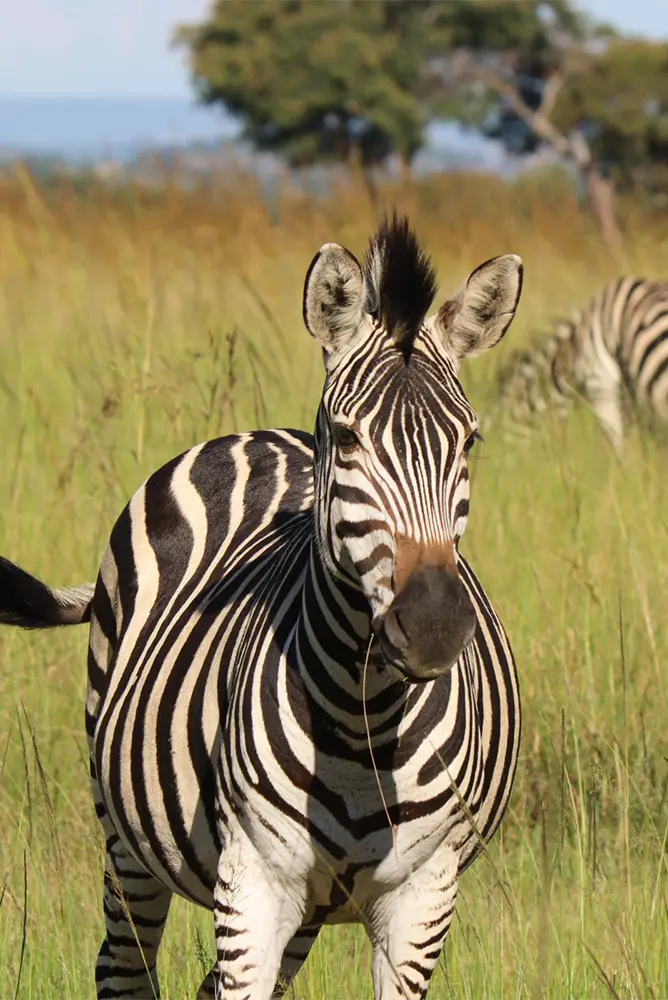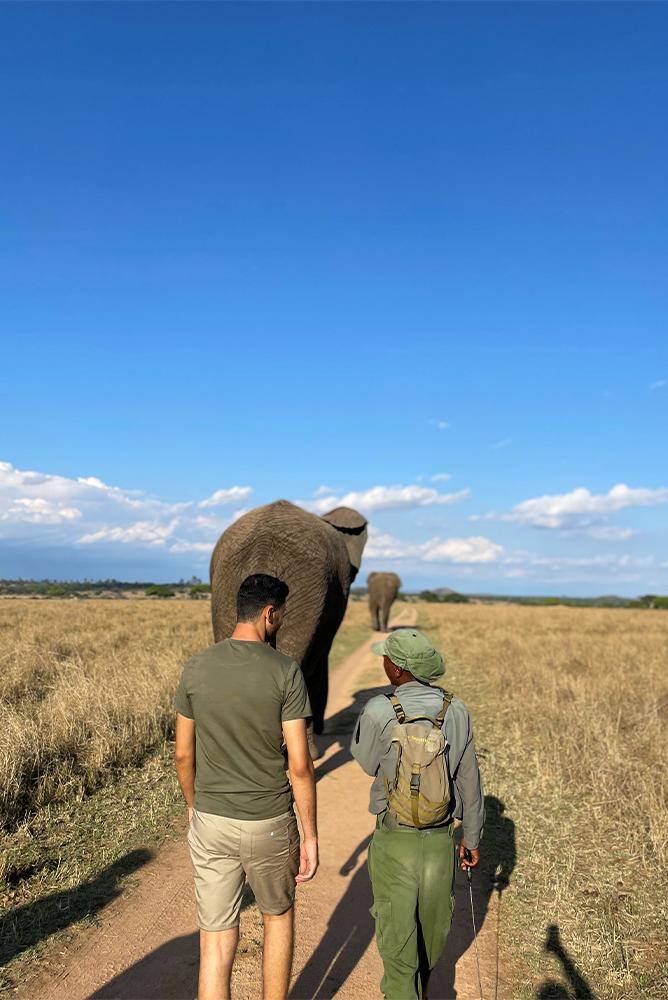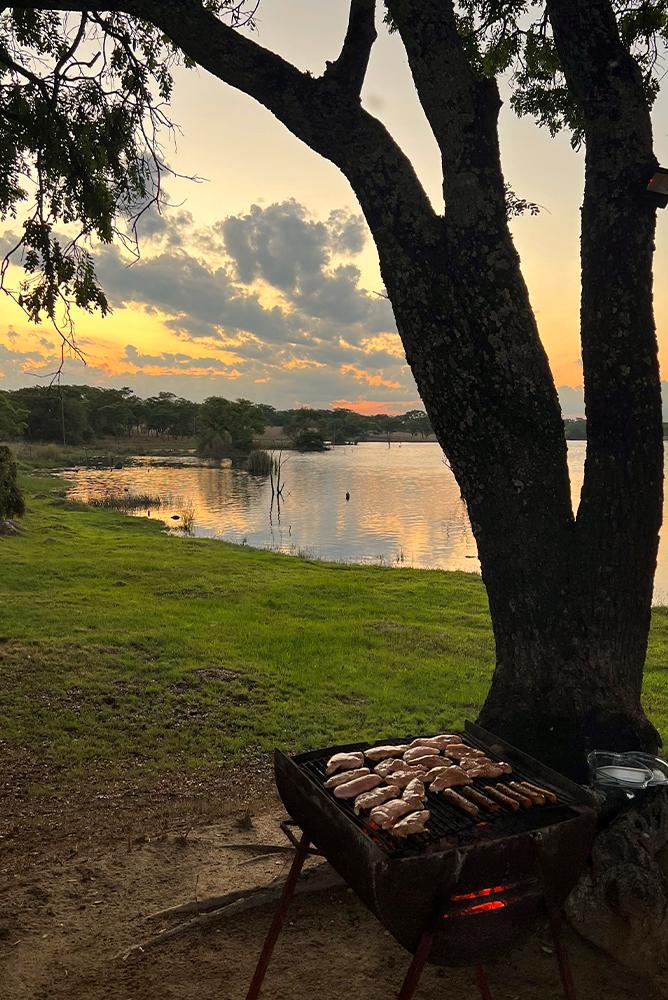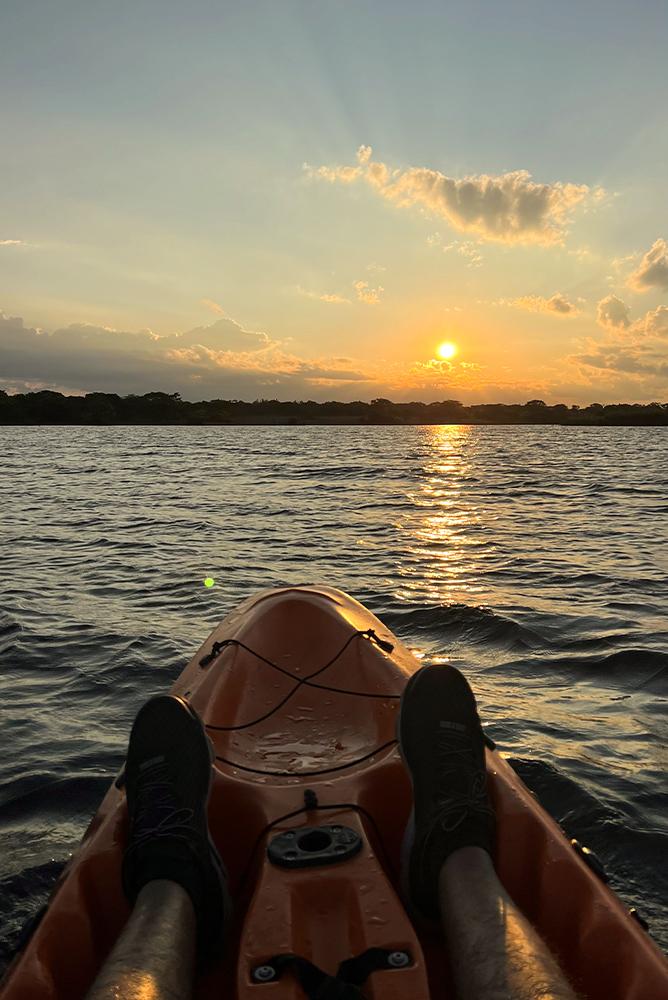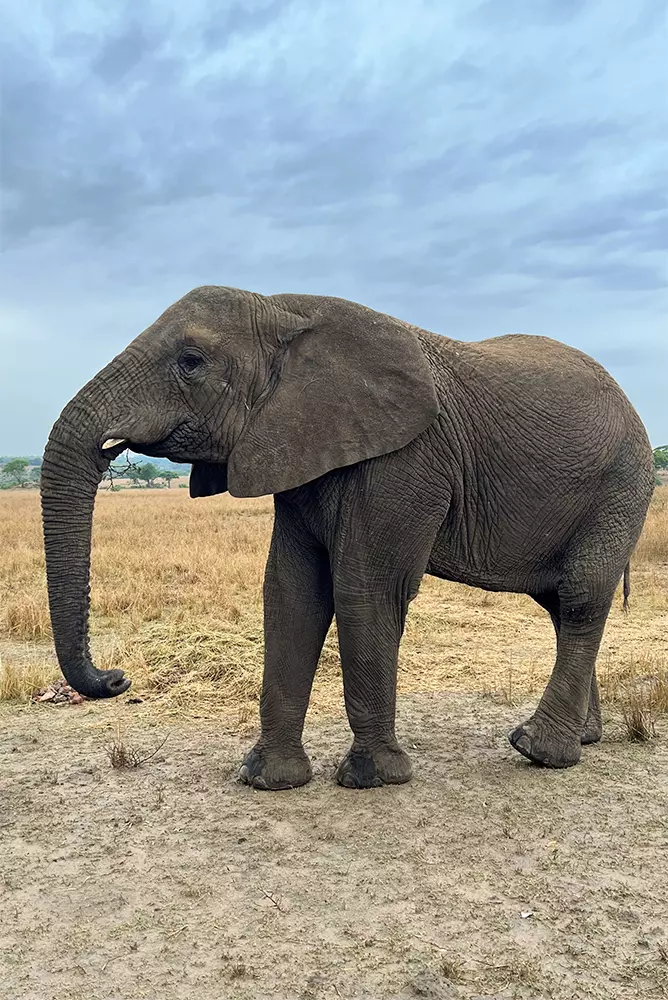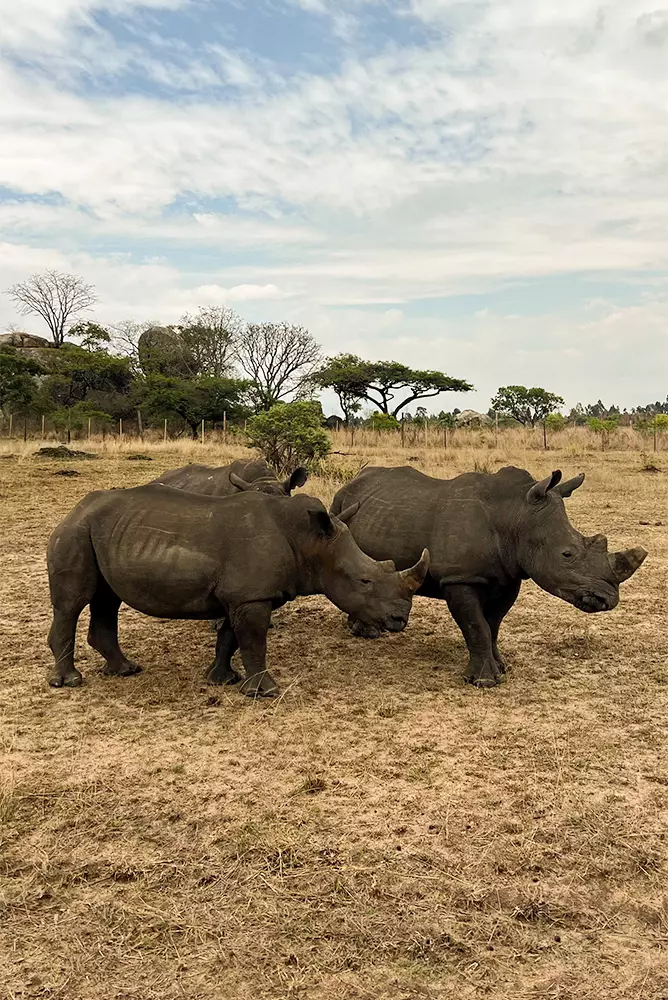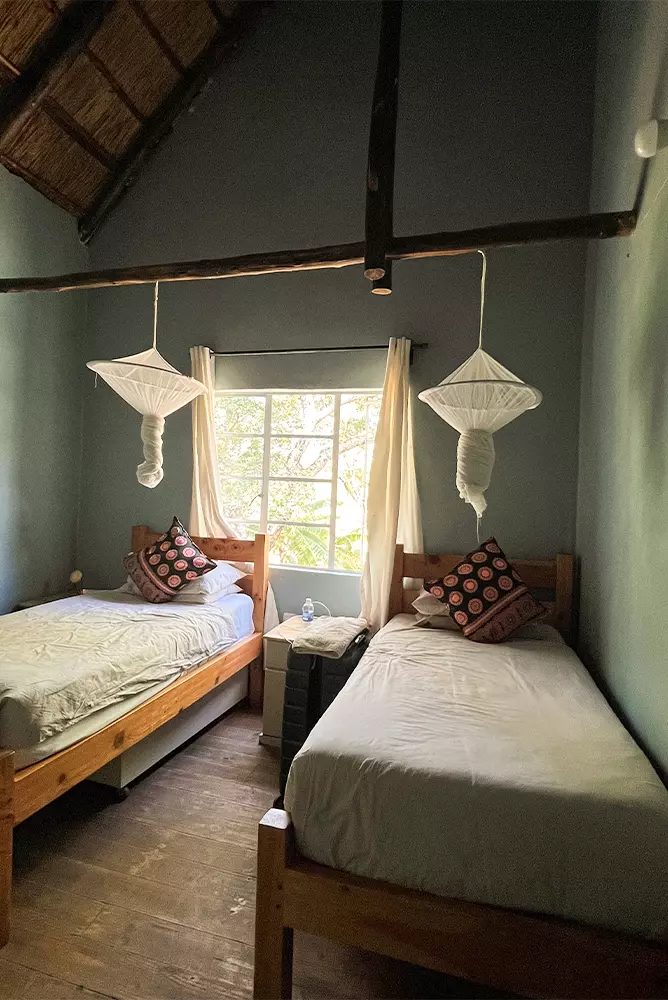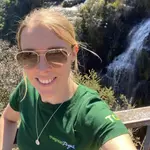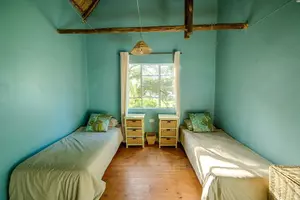

Rhino and Elephant Conservation Project
Experience Zimbabwe’s enchanting wildlife while aiding rhino conservation efforts on one of the country’s most impressive reserves!
Speak To A Travel Expert
Activities
Looking to volunteer as a family? Take a look at the Rhino and Elephant Conservation Project - Family Programme.
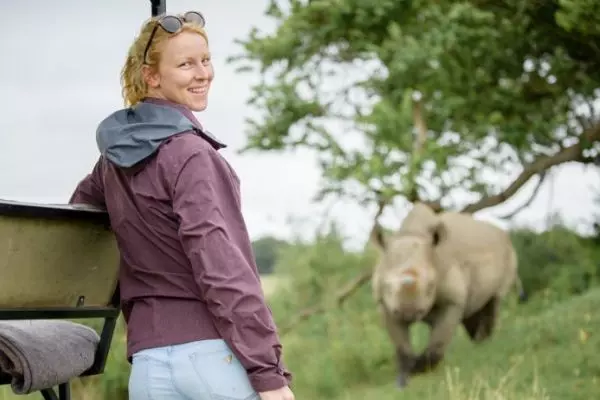
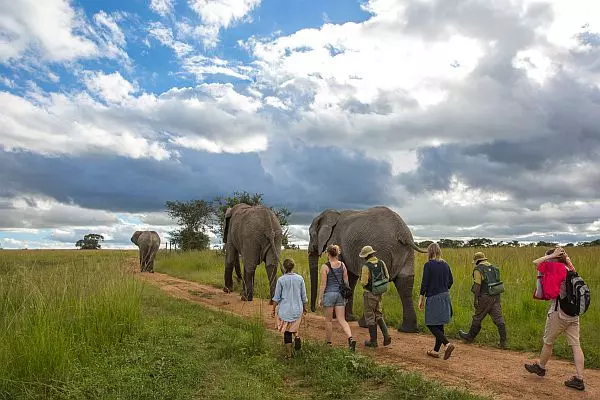
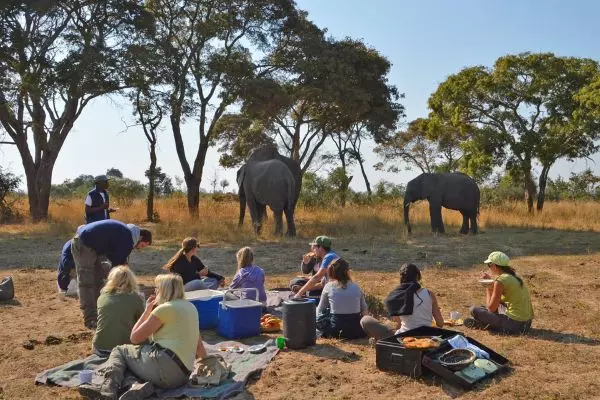
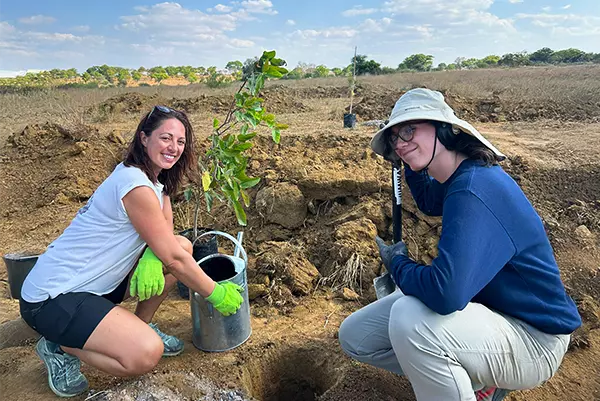
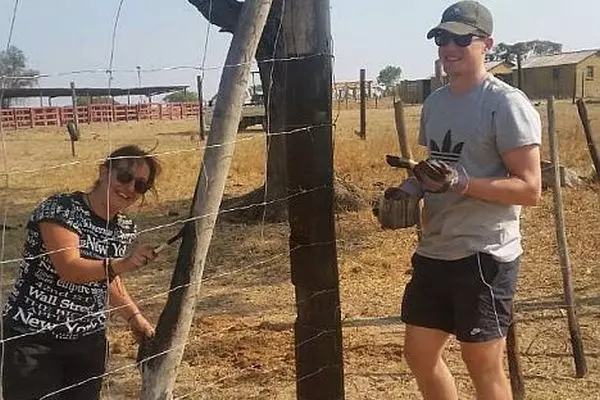
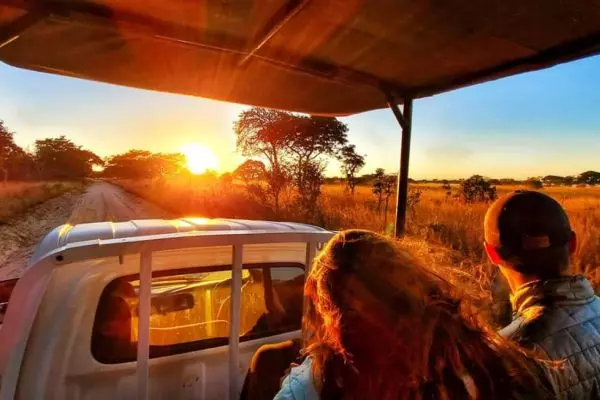
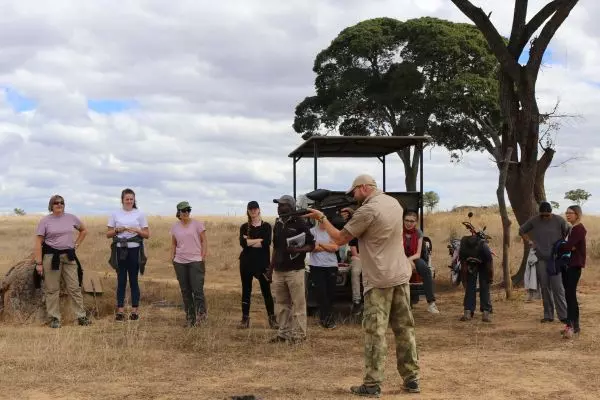
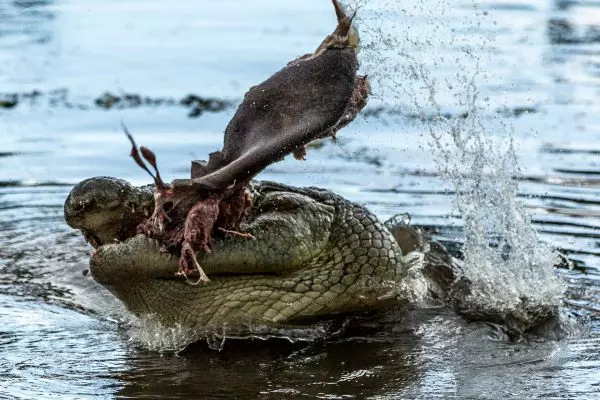
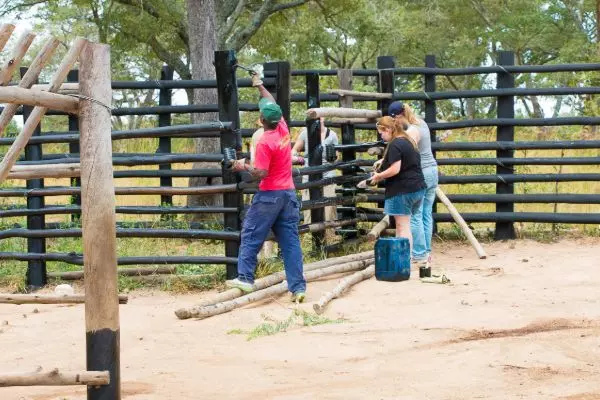
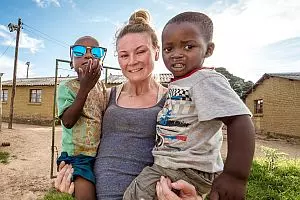
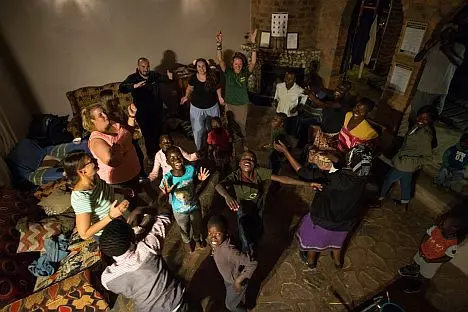
Itinerary
The itinerary below is an example of a two-week stay and is subject to change. Please be advised that although we can offer an 7-night option, a minimum duration of 14 nights is recommended for a more in-depth experience. If you take part for only 7 nights, there is no guarantee that you will be involved in all the activities listed.
Durations & Prices
Accommodation
Accommodation
During this project, you'll stay in one of two beautiful accommodations, each offering comfort and unique experiences: the Numwa House in the central section of the reserve or the Chiwawe Wilderness Camp, providing an immersive wilderness experience. At Numwa House, you'll find twin-share rooms and a shared dormitory. The house features several bathrooms and a charming outdoor shower block overlooking a picturesque dam.
At Chiwawe Wilderness Camp, you'll be allocated a twin-share safari tent with an en-suite bathroom and access to the lodge's amenities. Both locations are fully equipped with kitchens, dining areas, cosy lounges with fireplaces, verandahs, braai (barbecue) areas, and refreshing pools, ensuring a relaxing environment after your day's activities.
Meals & Beverages
Three meals a day are provided for you on this project. Breakfast, lunch, and dinner are served in a buffet-style, and you are free to select what you want to eat. Water, juice, tea and coffee are also available throughout the day. On Sundays, the chefs have a day off, but you are free to use the food provided in the kitchen to prepare your own meals. Vegetarian and limited vegan options are available upon request.
If you have a specialist diet (such as gluten or wheat intolerance), you will need to bring appropriate food with you; however, the chef will be happy to prepare your food for you. There is also a small onsite bar at the volunteer house which offers a variety of snacks, as well as both alcoholic and soft drinks.
Project Details
When is the best time to volunteer?
Most of the activities on this project run year-round, with the exception being any work with the school children (which may be impacted by the school holidays). As this is an active reserve, you will see wildlife no matter when you choose to volunteer, although the weather may impact which time of year you choose to visit.
Summer (November-March) – Also thought of as the ‘wet season’, this is the rainiest time of the year. Rain may fall throughout the afternoon and can even continue for a few days; however, more rain does often equate to more activity on the reserve. Vegetation springs into life which, in turn, means there are improved food sources for the animals, and you may have a greater chance of spotting them grazing. Temperatures throughout the summer can still be rather warm, reaching around 32°C/90°F at their peak, so be sure to pack lighter clothing as well as a waterproof jacket, sunglasses and adequate sun protection.
Winter (April-October) – This is the dry season, during which there is minimal rainfall. The reserve’s animals may congregate around waterholes and rivers when the other water sources dry up – in fact, it’s not uncommon to catch sight of one elephant, Mac, as he searches for water near the volunteer house! Temperatures are quite cool throughout the season, not often exceeding 10°C/50°F in the mornings and 28°C/82°F in the afternoons. Night times are even colder, so we advise that you pack a fleece and some gloves in the event of an evening game drive!
Getting There
You will need to fly into Harare International Airport on your project start date, arriving by 1pm, as the private transfer from the airport to the reserve departs shortly after. Additionally, your return flight must depart Harare after 12pm in order to provide enough time for your transfer back to the airport. Airport transfers outside of these times can be arranged for an additional fee of US$120.
Visa Requirements
Citizens of most countries, including the UK, USA, Canada, Australia and most of those within the EU will be granted a 30-day tourist visa upon arrival into Zimbabwe. Please be aware, however, there is a charge for this of approximately USD $55. We advise checking this charge before travelling as it can change and it is your responsibility to ensure that you are aware of the correct rates and have the cash with you to pay this.
If you are unsure of your individual visa requirements, we recommend speaking to your local Zimbabwean embassy at least 2 months prior to travel.
Fitness & Skills
Each day on the project can be rather busy and may involve a range of physical activities, therefore, we recommend that you have a moderate level of fitness if you wish to take part. No specific skills are needed for this project – all we ask is that you arrive with a willingness to get involved with all activities, and that you are dedicated to the project’s ethos. Most importantly, we ask that you have respect for your environment, your fellow volunteers, and Zimbabwe’s incredible wildlife!
Vaccinations
The vaccinations required will depend on the individual medical history of each volunteer. We recommend that you consult with your GP regarding your own immunisation needs, as this will ensure you are protected and prepared to travel. In conjunction with this, we would recommend that you check Fit for Travel’s website for more helpful information on what you need to do before your departure.
Videos
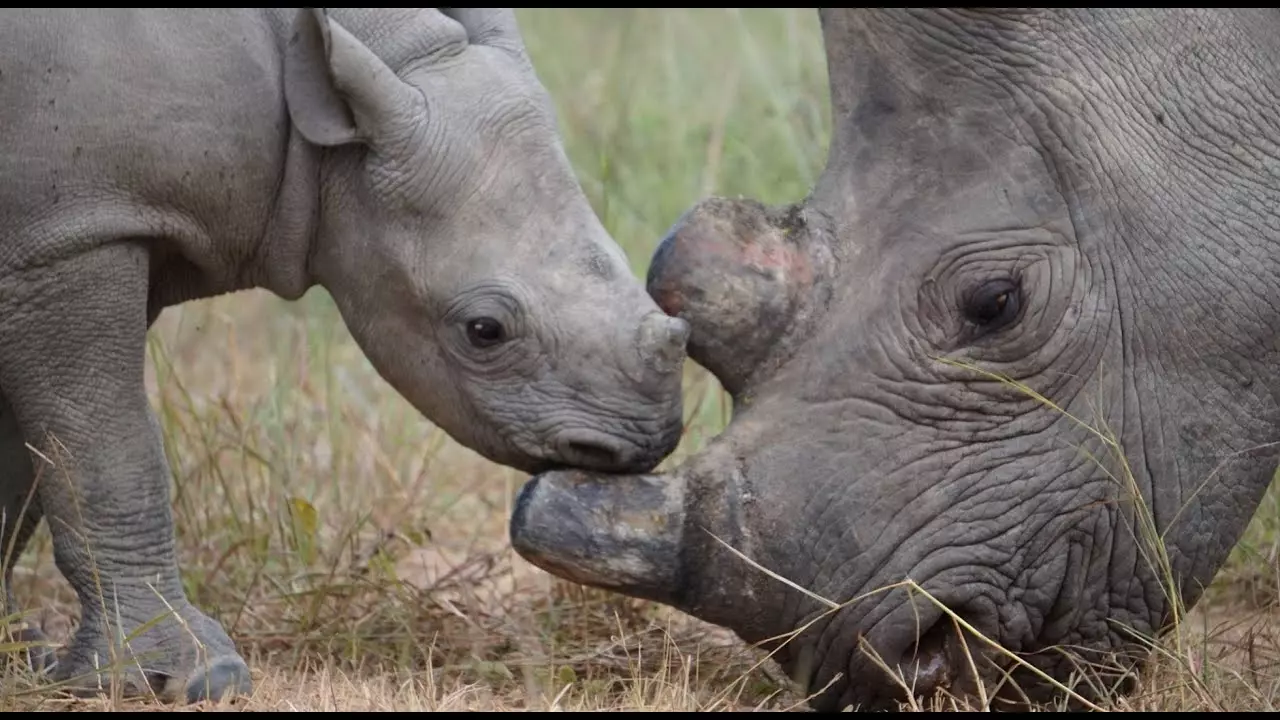
Rhino and Elephant Conservation Project
Take a look at the amazing Rhino and Elephant Conservation Project video and become our next volunteer in Zimbabwe!
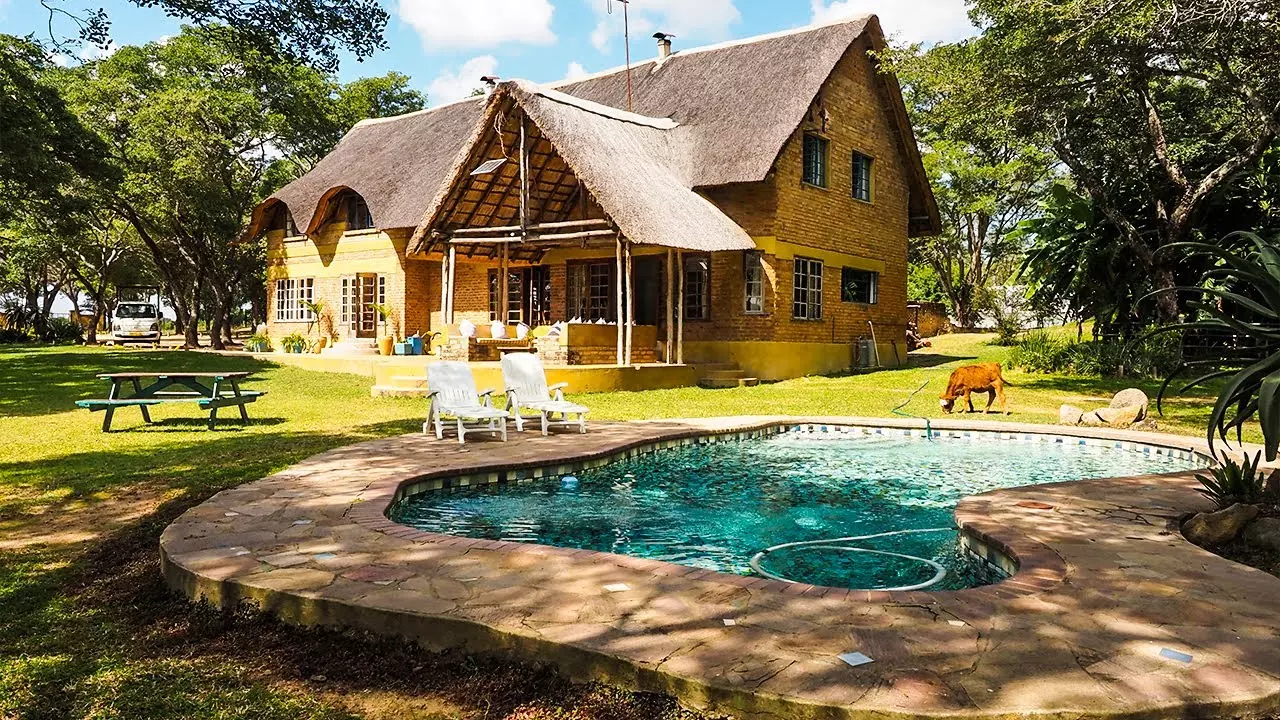
The Rhino And Elephant Conservation Project Volunteer Accommodation Run Through!
Watch as volunteer coordinator Morgan gives you your very own tour of the stunning accommodation on the Rhino And Elephant Conservation Project!
Gallery
News & Stories

Breakfast with Elephants
UPDATE | Apr 2025
Breakfast with elephants is one of the volunteers' favourite activities, and it's not hard to see why! Where else can you butter your toast with a curious elephant by your side?

Bushwalk Finds!
UPDATE | Mar 2025
During a recent bushwalk, volunteers and their guide made an amazing discovery: a full-sized snouted cobra skin! Bushwalks are always fun, informative, and a great way to learn about all the creatures on the reserve.

Volunteers Help with Fence Repair & Maintenance
UPDATE | Feb 2025
Maintaining sturdy boundary fences is crucial for keeping the reserve wildlife safe. This week, amazing volunteers stepped up once again - getting the job done with teamwork, dedication, and a great spirit of fun!
Reviews
I really enjoyed getting to know all the locals. They let us in very warmly into a part of their world and made it easy for us to adapt to all experiences. Additionally, the memories we shared with the rhinos, elephants, and just the nature itself are unforgettable. It is amazing how they combine wildlife experiences with maintenance work and community visits so that we get an almost complete understanding of the culture.
It has been a great trip! Lovely conservancy and it's accommodation, real pleasure to have upclose interaction with Mac the elephant, fun village activities, beautiful views from the big rock, was nice to have first hand experience of the African grassland and seeing both rhino species in their natural habitat.
The project has exceeded all my expectations by miles and I’m really impressed with how the project was coordinated and all the activities provided in the program. You are greeted by the wonderful staff as soon as you arrive and shown around the place plus getting to see your weekly schedule with all the activities planned ahead. I got to do much of what was advertised by the activities list and we got up close with the animals numerous times. Meeting the elephants and the rhinos for the first time was surreal. Helping throughout the week to feed, clean and walk the elephants was incredible and very rewarding. Any off time we were given there was a multitude of options to do like kayaking, swimming in the pool, card games.. etc. There was never a dull moment. The accommodation as well was perfect with clean rooms and bathrooms as well as housekeeping and the kitchen staff. It was an amazing experience and I can’t recommend it enough, don’t hesitate to book!
What's Included
- Accommodation
- Airport transfers
- Three meals per day
- Tea, coffee, water and juice
- Laundry service
- A donation to the project
What's Not Included
- Flights
- Visas
- Travel insurance
- Soft and alcoholic drinks






























